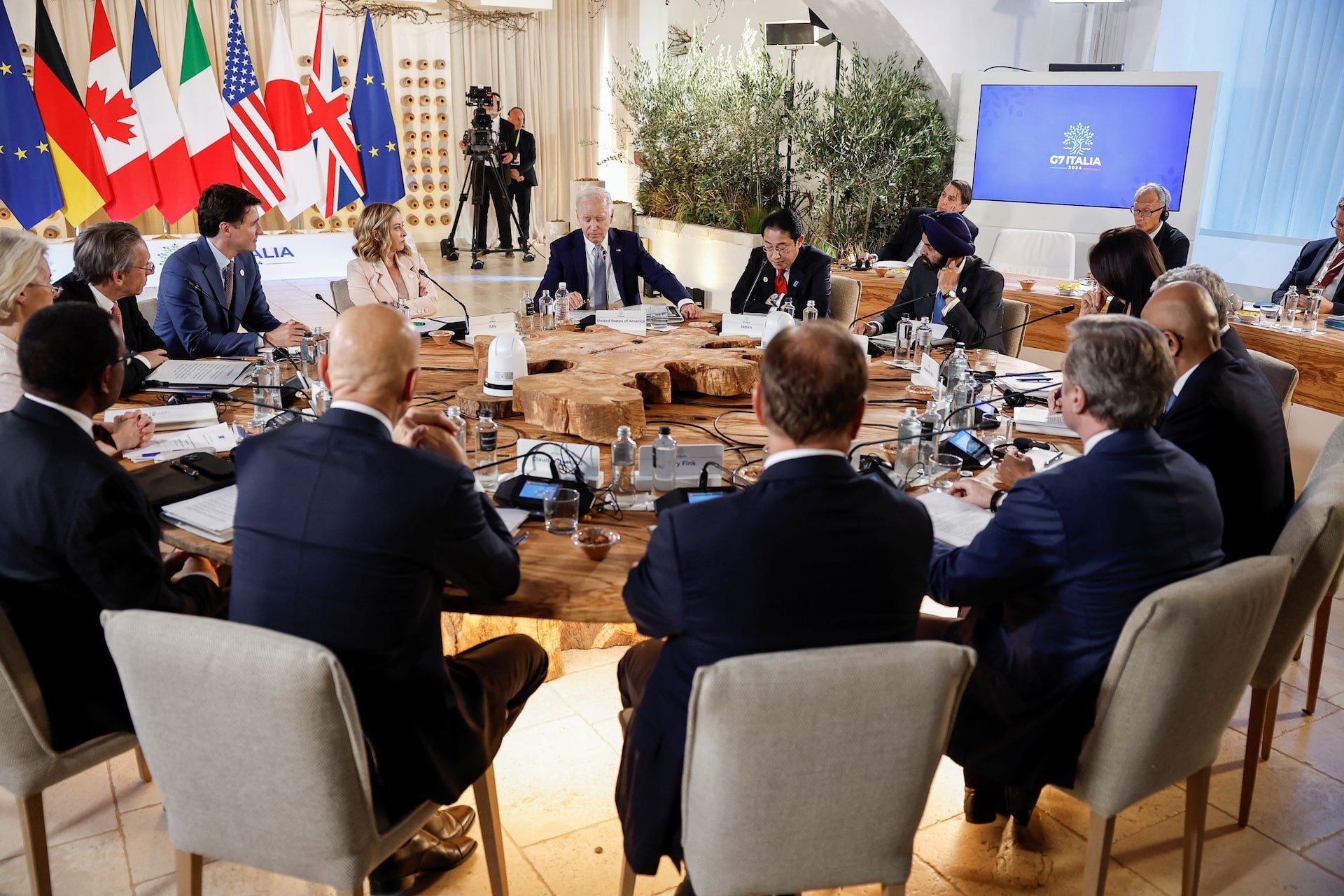Both Justin Trudeau and Joe Biden flew to Italy this week for G7 meetings, where they pledged to strengthen the coalition supporting Ukraine in its fight against Russian invaders.
The G7 countries are expected to agree to lend Ukraine about $50 billion for reconstruction, backing the loan by using the interest accruing on $300 billion worth of Russian assets that were frozen by Western financial institutions after the invasion.
The move is a grand compromise between countries, like Canada, which have called for outright seizure of those assets in order to give them directly to Ukraine, and countries in Europe, where many of the assets are located, which have pushed back, citing issues of rule of law and precedent for other investors.
Putting the deal in practice will still require some complicated financial and legal chicanery, say experts, but the sense of urgency comes in part from concerns about the US Presidential election this fall.
Polls continue to show Biden, a strong supporter of Ukraine, trailing Donald Trump, who has shown little interest in helping Kyiv.
The asset-interest scheme is seen as a way to lock in a stream of Western financing for Ukraine that exists independently of any changing political winds in Washington.
